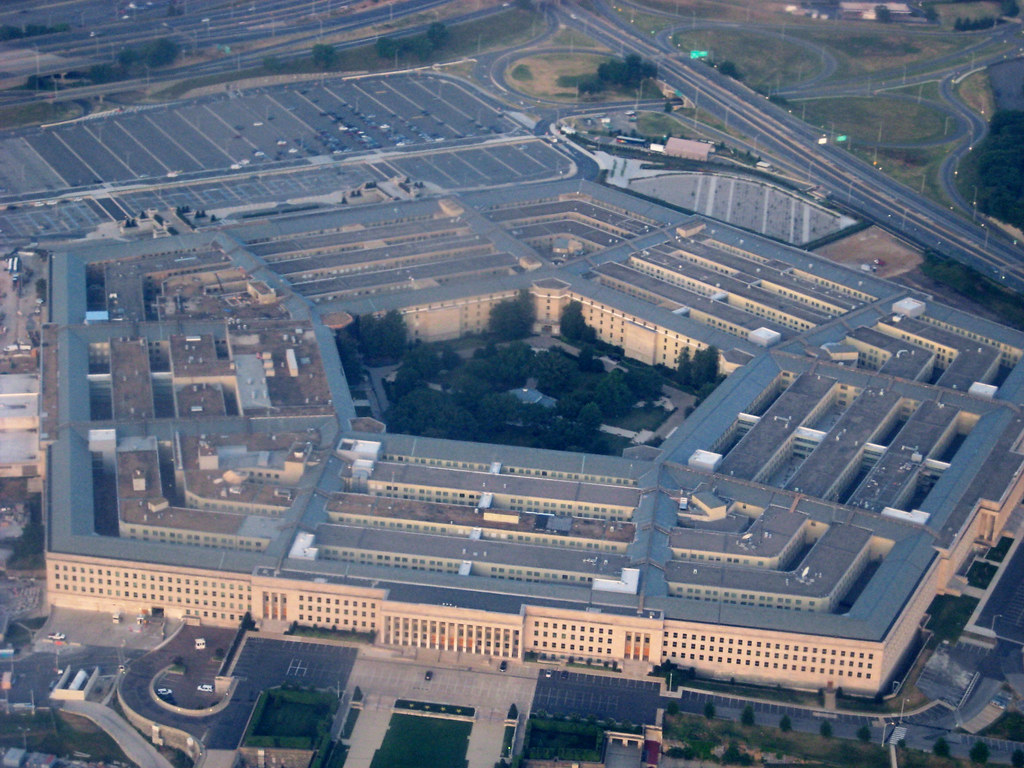Key takeaways:
- Tuesday marks the deadline for journalists to accept the Pentagon rules for press credentials.
- Nearly all major news outlets have refused to sign, citing First Amendment concerns.
- Geoff Bennett spoke with Nancy Youssef and David Schulz about the conflict.
Understanding Pentagon Rules Deadline
The Department of Defense set strict new guidelines for reporters on military sites. Journalists must follow these Pentagon rules to keep their credentials. The rules cover interviews, photography and social media posts. They also limit sharing information that might harm operations. The Pentagon says the guidelines protect troops and missions. However, critics say the rules infringe on free speech. Reporters must decide by Tuesday. If they refuse, they could lose base access. This deadline puts news outlets on edge. Some warn it could hurt coverage from war zones. Others fear it sets a dangerous precedent for press freedom.
Why News Groups Say No to Pentagon Rules
Almost every major news organization, including PBS News, has declined to sign. They argue these Pentagon rules clash with the First Amendment. That amendment protects free speech and a free press. News groups say the guidelines force self-censorship. For example, they might avoid reporting on sensitive interviews. They also raise concerns about vague wording. What counts as harmful information? The rules do not clearly say. As a result, journalists fear punishment for honest reporting. They worry about losing credentials, jobs or facing fines. Therefore, they stand together in refusal. In addition, legal experts call the rules unconstitutional. They say the Pentagon cannot override the Constitution.
Experts Weigh In on Pentagon Rules
Geoff Bennett of PBS News dove deeper into the issue. He spoke with Nancy Youssef from The Atlantic. She said these Pentagon rules threaten the public’s right to know. Nancy explained that a transparent press helps citizens make informed choices. She pointed out that the guidelines give the military power to edit or block stories. In addition, she noted the rules might limit coverage of key events. Next, David Schulz from the Media Freedom and Information Access Clinic shared his view. He argued the rules do not match constitutional law. David said they could face legal challenges. He added that the Pentagon did not consult news organizations before drafting the policy. By acting alone, the department ignored vital feedback. Consequently, the rules lack balance between security and freedom.
What Comes Next After Pentagon Rules Showdown
With the Tuesday deadline passed, news outlets will reveal their decisions. If they all refuse, the Pentagon may enforce penalties. Journalists could lose base access and face other sanctions. Some reporters might try coverage without official support. Others may join legal fights to overturn the rules. The courts will then weigh in on national security versus free press. This battle could last for months or years. Meanwhile, on-the-ground reporting may suffer. Coverage from conflict zones might decline. Audiences could see fewer firsthand accounts of military operations. In addition, news organizations will lobby lawmakers. They will push for laws that block such rules. Senators and representatives may hold hearings to question military leaders. Public opinion could shape their actions. If enough voters demand press protections, Congress might step in. As a result, the Pentagon may have to rewrite its policy.
In this standoff, the core question remains: Should the military set rules that override the Constitution? Reporters insist they need freedom to inform citizens. The Pentagon insists on rules to safeguard operations. Both sides claim to serve the public interest. Yet the future of wartime reporting hangs in the balance.
Frequently Asked Questions
What exactly do these Pentagon rules require?
They outline how reporters must behave while covering military bases. This includes limits on interviews, photos and social media posts to prevent harm to troops or missions.
Why do most news outlets reject these rules?
They say the guidelines conflict with the First Amendment. News groups believe the rules force self-censorship and give the military too much control over reporting.
How might refusing these rules affect journalists?
If reporters refuse to sign, they risk losing credentials and base access. This could limit their ability to cover important military events in person.
Can journalists challenge the Pentagon rules in court?
Yes. Legal experts say the rules likely violate the Constitution. Journalists or news organizations could file lawsuits to block or change the guidelines.
